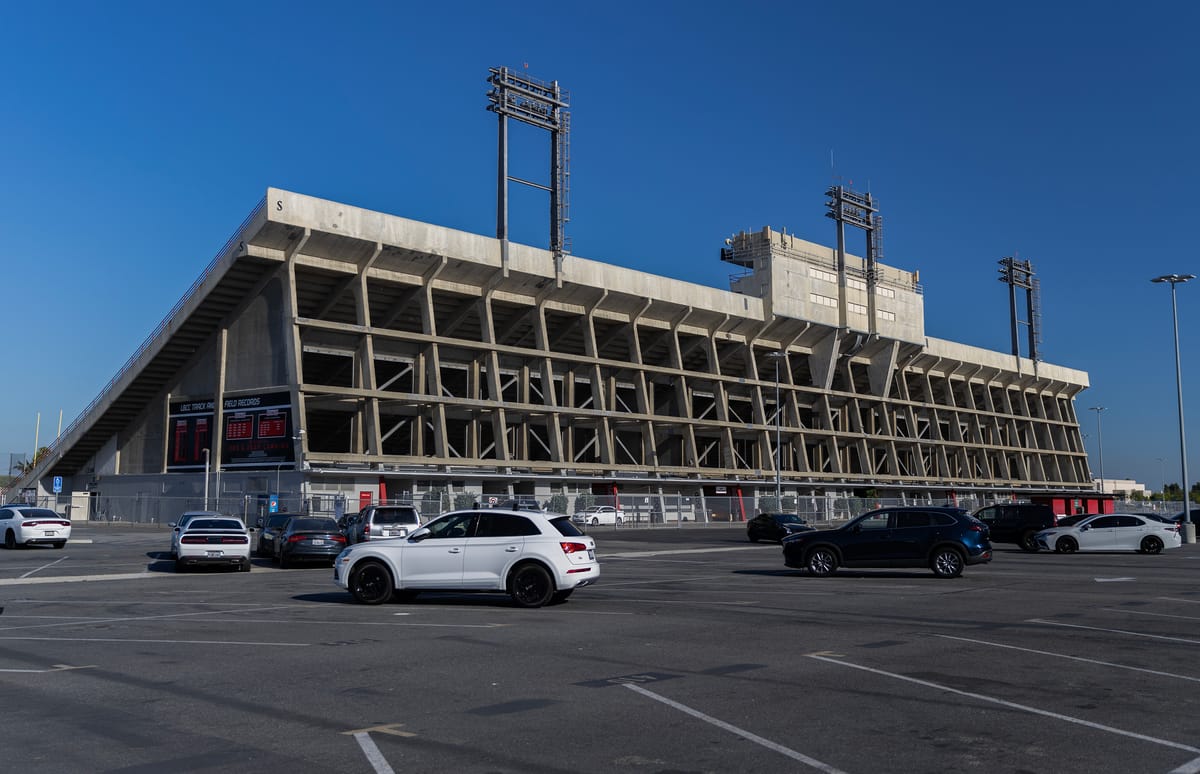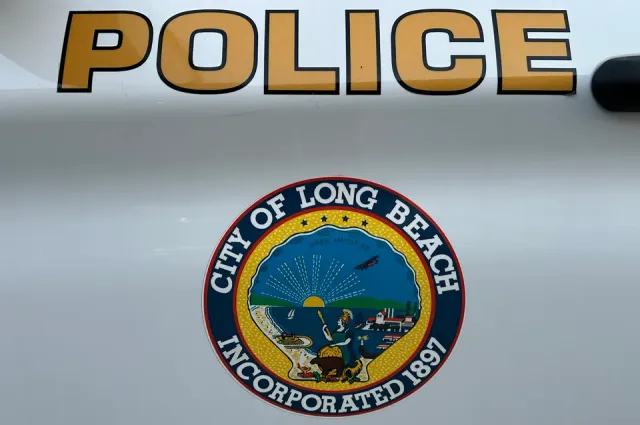LBCC’s $990M bond measure could be headed to November ballot
The money would fund construction projects, including a potential housing around a new football stadium, but support for the issue has tempered.

The Long Beach Community College District Board of Trustees could vote next week to place a $990 million bond measure on the November ballot that would help finance proposed student housing projects and other renovations at the college's two campuses.
Trustees will have to decide during its Aug. 7 meeting whether to place the bond issue on the ballot to meet county deadlines to ensure that election materials are printed and mailed out in time for the Nov. 5 vote.
The board opted not to pursue a bond initiative in 2022 after polling showed voters were too concerned about inflationary pressures to support issuing more bonds for the college, which would add to property owners’ monthly mortgage payments.
The nearly billion-dollar bond measure would raise property taxes in the district, which includes Long Beach, Signal Hill, Avalon and Lakewood by $25 for every $100,000 of assessed value.
In order to pass, the measure needs 55% of voters to support it.

Redesigning Veterans Stadium is the largest and most expensive project on a list at $250 million, but college officials have said it’s necessary given seismic issues that exist with the current structure, which opened in 1950. The proposed project would include new locker rooms, concession stands, track facilities and potentially housing and the bond funding could pay for any eventual housing that might be built around the development.
That project isn’t expected to be completed until around 2032, according to college officials.
Hakim Chambers, the college’s bond program director, said last month that LBCC is looking to build housing that could include upward of about 700 beds between projects in North Long Beach and the Liberal Arts Campus.
In 2021, the college launched a program that allowed unhoused students living in cars to park on campus overnight. At the time, there were dozens of identified unhoused students in need of affordable housing.
But completing those projects could be contingent on the bonds being approved by voters.
Recent polling data from the college showed that the bond measure passing this year is not a certainty as voters’ view of the city and its general direction have trended down since last year. In 2023, a college survey found that just 42% of people felt things in Long Beach were on the “wrong track,” but that figure has jumped to 49% in a survey conducted earlier this month.
The survey showed divisions among those questioned about the college’s need to issue new debt to break ground on projects. Even with additional information about accountability measures, the need for basic repairs and the potential to offer affordable housing to students through the bond proceeds, advocates of the bonds barely hit the 55% threshold, according to the survey results.
LBCC’s polling data is similar to a recent city poll that city hall conducted to gauge residents’ appetite for new taxes that could help lessen the blow from the loss of oil revenue in the coming years. The city proposed four new tax options but the only one that polled close enough to the 50% threshold needed for it to pass was the elimination of an exemption from paying the city’s utility users tax that two power plants have benefited from for decades.
The City Council is expected to vote on whether to place that on the November ballot at its Aug. 6 meeting.
Last month, the board discussed a list of projects that could benefit from the bond proceeds, including an updated above-ground crossing at Carson Street to connect the Liberal Arts Campus in East Long Beach, renovations to shore up accessibility issues, solar panel installations at the Trade Tech and Community Learning Campus on Pacific Coast Highway and affordable housing projects in North Long Beach and adjacent to the proposed stadium.
The $31 million North Long Beach project at Atlantic Avenue and 59th Street would be three stories and include living units as well as space for laundry, support facilities and multipurpose rooms.
A $90 million proposal could bring a three-story housing building to the corner of Lew Davis Drive and Clark Avenue that would have 300 beds, according to plans shown to the board.
Editors note: College officials said that new bond funding would not be used to pay for the rebuild of Veterans Stadium. The story has been updated.

We need your support.
Subcribe to the Watchdog today.
The Long Beach Watchdog is owned by journalists, and paid for by readers like you. If independent, local reporting like the story you just read is important to you, support our work by becoming a subscriber.





